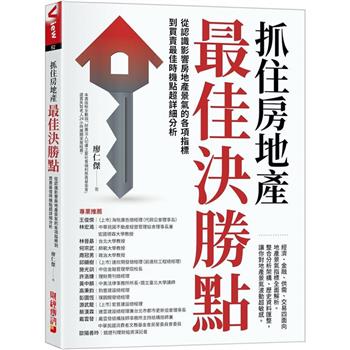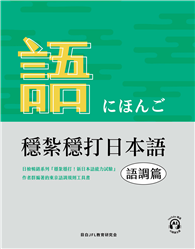Singing the Land: Hebrew Music and Early Zionism in America examines the proliferation and use of popular Hebrew Zionist music amongst American Jewry during the first half of the twentieth century. This music--one part in a greater process of instilling diasporic Zionism in American Jewish communities--represents an early and underexplored means of fostering mainstream American Jewish engagement with the Jewish state and Hebrew national culture as they emerged after Israel declared its independence in 1948. This evolutionary process brought Zionism from being an often-polemical notion in American Judaism at the turn of the twentieth century to a mainstream component of American Jewish life by 1948. Hebrew music ultimately emerged as an important means through which many American Jews physically participated in or ’performed’ aspects of Zionism and Hebrew national culture from afar.
Exploring the history, events, contexts, and tensions that comprised what may be termed the ’Zionization’ of American Jewry during the first half of the twentieth century, Eli Sperling analyzes primary sources within the historical contexts of Zionist national development and American Jewish life. Singing the Land offers insights into how and why musical frameworks were central to catalyzing American Jewry’s support of the Zionist cause by the 1940s, parallel to firm commitments to their American locale and national identities. The proliferation of this widespread American Jewish-Zionist embrace was achieved through a variety of educational, religious, economic, and political efforts, and Hebrew music was a thread consistent among them all.| FindBook |
有 1 項符合
Singing the Land: Hebrew Music and Early Zionism in America的圖書 |
 |
Singing the Land: Hebrew Music and Early Zionism in America 作者:Sperling 出版社:University of Michigan Press 出版日期:2024-03-04 語言:英文 規格:精裝 / 248頁 / 普通級/ 初版 |
| 圖書館借閱 |
| 國家圖書館 | 全國圖書書目資訊網 | 國立公共資訊圖書館 | 電子書服務平台 | MetaCat 跨館整合查詢 |
| 臺北市立圖書館 | 新北市立圖書館 | 基隆市公共圖書館 | 桃園市立圖書館 | 新竹縣公共圖書館 |
| 苗栗縣立圖書館 | 臺中市立圖書館 | 彰化縣公共圖書館 | 南投縣文化局 | 雲林縣公共圖書館 |
| 嘉義縣圖書館 | 臺南市立圖書館 | 高雄市立圖書館 | 屏東縣公共圖書館 | 宜蘭縣公共圖書館 |
| 花蓮縣文化局 | 臺東縣文化處 |
|
|
圖書介紹 - 資料來源:博客來 評分:
圖書名稱:Singing the Land: Hebrew Music and Early Zionism in America
|











